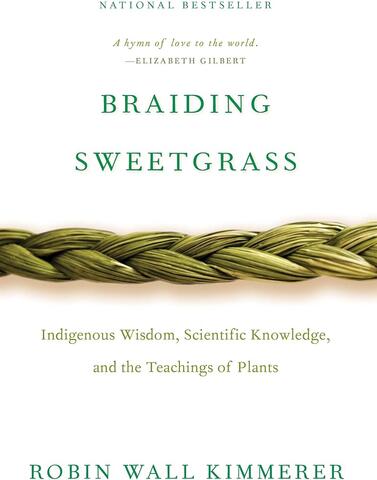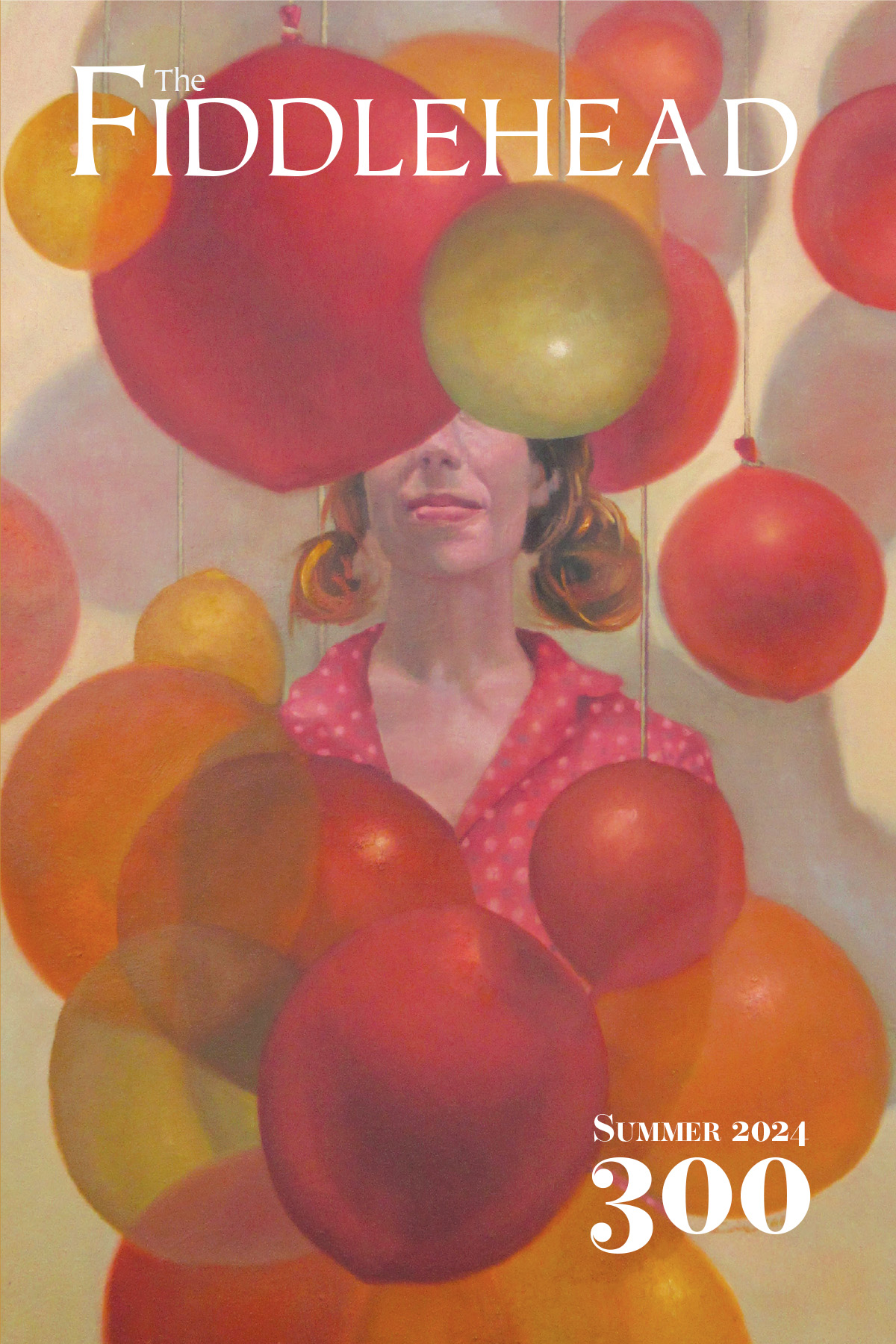
It is a joy for a non-scientist like me to lose myself in descriptions of the exquisitely designed life cycles of pecan trees, maple trees, wild strawberries, witch hazel, black ash, and cattails.
I came to Braiding Sweetgrass through my daughter. She works for the ‘Environment’ in a public capacity and is constantly aware of the ticking time bomb of planetary destruction. Meanwhile her work to effect change involves navigating avoidance, defensiveness, and moral rationalization — qualities so unique to our species, and, in particular, to our materialist, settler society. Conversations with my daughter are sometimes funny, sometimes despairing. But when she told me her reasons for loving this book, I heard something new in her voice — an eloquence that came from a place of calm. So, I bought it for myself — hoping to access whatever gave her that gift.
Exploring its pages, I am immediately drawn back to an intuitive childhood; a sense of the fundamental ‘rightness’ of the world. Kimmerer’s deeply personal reflections and anecdotes (in which she blends Indigenous knowledge with western botany) transcend the hopeless weight of daily statistics around ecological loss. This is surely the reason for the book’s enormous popularity (at least in my circles) since its publication in 2013. At the same time, she makes those losses seem more real. I am not sure how she does this, but I am in awe of her ability to do so — just as I am in awe of the natural phenomena she describes.
Her beautiful prose illuminates the mysterious wisdom of plants that give us food, medicine and tools, the amazing logic and apparent foresight inherent in their natural life cycles, and the symbiotic relationships between all species, including humans, when those relationships are left to flourish.
‘Braiding sweetgrass’ through her work as a professor of environmental biology, Kimmerer seeks to elucidate, to her non-Indigenous students and university departments, the spiritual underpinnings of all ecological study. Uphill work at times, and even more difficult, I imagine, when she was a younger woman, struggling to reclaim her heritage. She is a member of the Citizen Potawatomi Nation, who suffered forced removal three times in one generation — not in the distant past, but in her grandfather’s living memory.
One of her attempts to reclaim her heritage involves learning the rudiments of her ancestral language. For writers and language nerds like me, this is one mind-bending chapter. In Potawatomi, seventy percent of words are verbs, as opposed to English’s thirty percent. Learning to conjugate all these verbs is nearly impossible, she concedes, but learning to liberate what we call things (hills, stones, bodies of water) into a new verbal identity, experiencing them as living processes, is an epiphany. The “grammar of animacy” as she calls it, “could lead us to whole new ways of living in the world, other species a sovereign people, a world with a democracy of species, not a tyranny of one.”
— Beverley Shaw is a writer and musician who lives and works in Bridgewater, NS. Her fiction and poetry have appeared in The New Quarterly, Grain, Event, The Antigonish Review, Existere, and the anthology Best Canadian Stories 2017. She has recently completed her first novel, Undertow.
You can read Beverley Shaw's story in Issue 300 Summer Fiction 2024. Order the issue now:
Order Issue 300 - Summer Fiction 2024 (Canadian Addresses)
Order Issue 300 - Summer Fiction 2024 (International Addresses)











